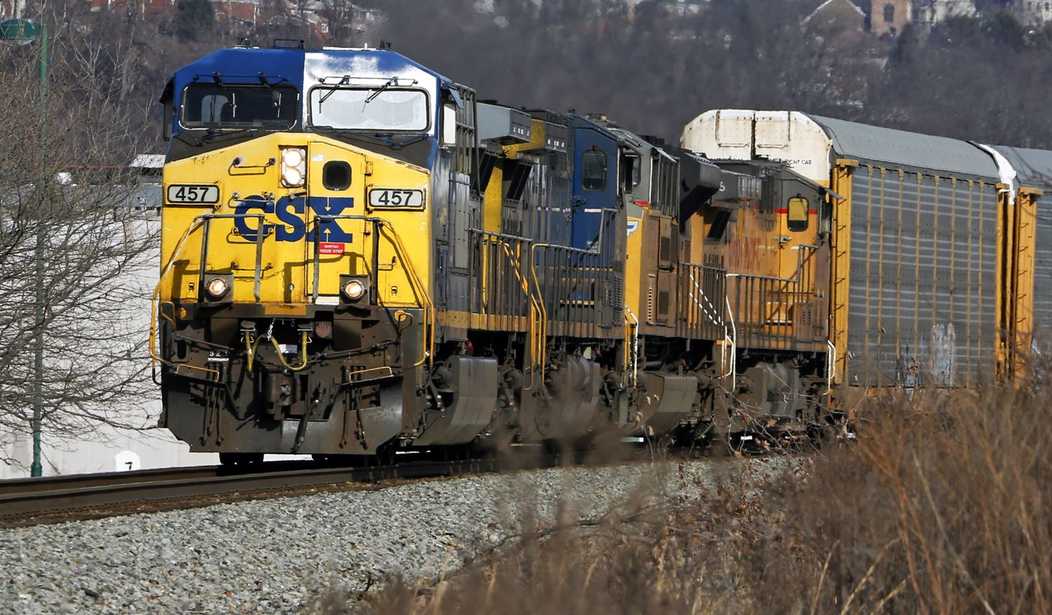Just in time for Christmas, the Brotherhood of Maintenance of Way Employes Division of the Teamsters has rejected a deal brokered by the White House last month. That agreement forestalled an imminent strike that would have crippled the nation’s economy.
The proposal rejected by the union included the largest wage increases in more than 40 years and time off for medical and dental visits. But the deal left some important issues on the table to be negotiated later and that didn’t satisfy the union.
“Railroaders are discouraged and upset with working conditions and compensation and hold their employer in low regard,” union President Tony D. Cardwell said in a statement. “Railroaders do not feel valued. They resent the fact that management holds no regard for their quality of life, illustrated by their stubborn reluctance to provide a higher quantity of paid time off, especially for sickness.”
In a brief statement, the National Carriers’ Conference Committee, which represents the country’s freight railroads in national collective bargaining negotiations, said it was “disappointed” with the decision.
Rejecting the tentative agreement sets in motion a “status quo” period in which the union will resume negotiations with large freight carriers.
The Associated Press reported that the union will delay any strike until five days after Congress reconvenes in mid-November to allow time for additional negotiations.
The unions don’t want to give Democrats any more midterm headaches this year, so they’re delaying any strike vote. But the union has some valid complaints. And the railroads have only themselves to blame.
Nearly two decades ago, companies used to spend around 80 percent of their revenues on running trains and covering operating expenses like payroll, fuel and maintenance. The remaining 20 percent could then be used for stock dividends and buybacks for shareholders. Today that operating ratio is much closer to 60 percent. Since 2010, rail companies have spent $196 billion in stock dividends and buybacks for shareholders. Pursuing these financial goals has actively surrendered railroads’ market share to trucks, delayed trains and angered both unions and customers. It’s not sustainable.
And there are “quality of life” issues that need to be addressed.
Ten years ago, railroading was a middle-class job where workers might not get typical weekends, but they could at least get some equivalent time off. With new attendance policies, conductors and engineers would be disciplined for activities such as visiting the doctor or attending a funeral. Effectively, for these workers, a weekend or an eight-hour workday does not exist.
Freight trains today are incredibly long, and with the emphasis on cost-cutting, there are far fewer employees to manage them. And with trucks being pushed off the road by the government’s climate policies, the freight companies will become more important than ever.










Join the conversation as a VIP Member